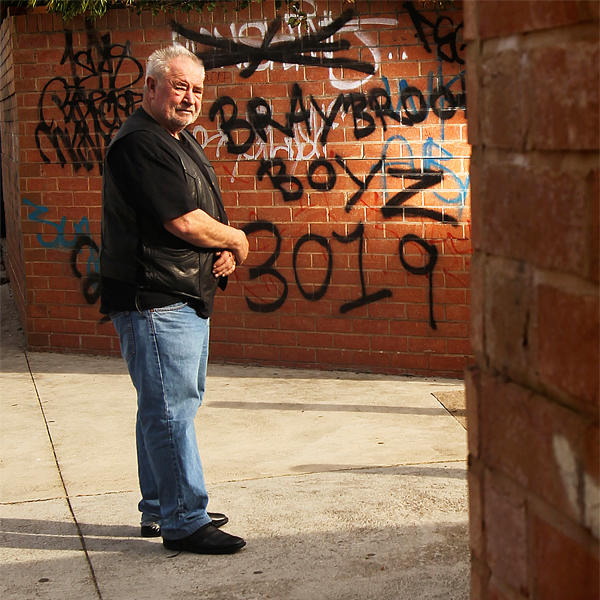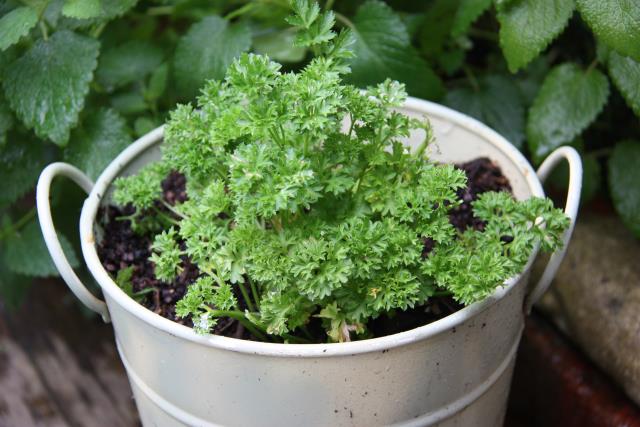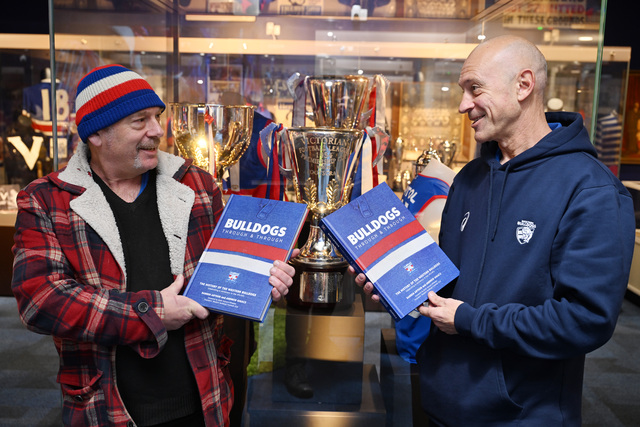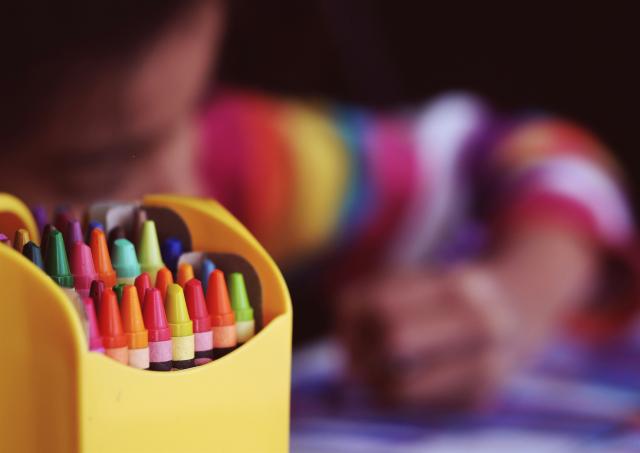Les Twentyman is fighting for the western suburbs and the kids who live in them, trying to make sure they have better chances in life, as Eugene Benson reports.
WHEN discussing his job and his life – two things that are very much entwined – it’s hard to get a short answer from social worker and community activist Les Twentyman.
You get the impression he’s seen too much to keep things brief.
To explain the problems and disadvantages in Melbourne’s west, Twentyman tends not to spout a quick statistic like a politician might. Instead he’ll tell you a story.
There’s the one about catching a glimpse of cigarette burns and bruises on a pupil’s arms when he started work as a primary teacher.
He says this, and the pupil’s reluctance to talk about how it happened, is what drove him out of the classroom and into youth work.
Volunteering for the Sunshine Lions Club one Christmas morning in the early ’80s, delivering toys to needy families is another story.
Given a list of houses to deliver presents to in Braybrook, his home suburb, Twentyman says he entered a house just around the corner from his own and found three children sharing the same filthy bed.
There were no parents to be seen, no food anywhere and just a couple of bottles of beer in the fridge.
‘‘That was when I thought, shit, I’ve been here all my life, been walking past this house, but had no idea what was beyond those walls.’’
Since 1984 when he took a job as an outreach worker with Sunshine City Council, Twentyman has been the face of western-suburbs social work.
With an approach to social work that has always seen Twentyman more at home working with kids on the street rather than talking about it with other social workers over coffee, he has a detailed knowledge of disadvantage in the west.
As an activist, Twentyman’s dual focus has always been working to end youth violence in the west and giving school-age kids greater access to youth workers.
This has seem him in a never-ending campaign with local, state and federal governments seeking funding for education, art and sports programs – anything to keep youths engaged and off the street.
Twentyman admits the challenges now are more complex than when he started, but believes investing in schools and targeting children at primary age has always been central to finding answers.
After Jeff Kennett’s Liberal state government amalgamated councils and put community services out to tender, Twentyman lost his position with the council’s youth services team and started with Open Family, where he worked closely with Father Bob Maguire to help run a youth refuge house.
Drawn back to the west in 2009, Twentyman left and started his own organisation, the 20th Man Fund, which now has two office spaces and 12 staff based in Footscray, but with reach across the west and into Flemington.
More than 150 homeless people use the 20th Man office as their postal address.
His small but dedicated staff work with numerous agencies to co-ordinate dozens of community building programs for youths, have established a basketball league for refugees, run a young leaders’ program and surf trips for kids who have never seen a beach, have a back-to-school program for expelled students, and are in preliminary discussions with Maribyrnong Council about turning abandoned factories into alternative school sites.
The 20th Man office in Maddern Square, Footscray, also provides an office space for a GP that sees more than 1200 heroin dependent patients each month.
Twentyman’s profile and willingness to lobby governments for action in the west has led him to run as an independent candidate for the Legislative Council in 1992 and 1996, and in 2008 he ran in the Kororoit byelection, finishing second to Labor after the distribution of preferences.
While unlikely ever to win against Labor in its heartland, Twentyman says taking part was a way of putting western suburbs issues into the political spotlight.
As recently as last month, Twentyman took federal Homelessness Minister Brendan O’Connor on a tour of the inner west to highlight the growing issue of homelessness.
In April he convinced Premier Ted Baillieu to take the tour.
‘‘I think the area gets forgotten, so I have to get these people out here to see it for themselves.’’
Twentyman believes gang violence is at an all-time high and split along ethnic lines.
To demonstrate the point, he takes me to a laneway in Braybrook behind a shopping strip where his family once had a fruit shop.
Decorated with the tags and slogans of a local gang, the lane is also the setting for another story. This one is about an Islander gang from Sunshine and a baseball bat attack.
‘‘Eighty per cent of the things that go on with violence go unreported. I hear of things all the time but never see anything about it in the paper.
‘‘There’s a lot of racism too. It used to be everyone being down on the Asians. Now it’s more the Africans — it’s all based on ignorance.
‘‘You’ve got teachers at local schools who feel as though they’ve been parachuted into a war zone. You’ve got kids taking weapons to primary schools. I don’t think people have any idea what it’s like out here.
‘‘That is why we need youth workers at every primary school. You’ve got to get in and make a difference before they are too far the other way and drop out of school.’’
Twentyman says there are Arab and Aussie gangs, Asian gangs in St Albans, Africans in Footscray, Islanders in Sunshine and gangs divided into postcodes.
Even considering his detailed understanding of the area’s problems, underlying all of Twentyman’s work is an affection for the west.
‘‘Despite it all I love the area. Fellow Braybrook boy Doug Hawkins and I go around Australia talking to people all the time and we are very proud that we come from Braybrook.
‘‘I probably wouldn’t have the image I do if I was a youth worker from Brighton.
‘‘The thing is it doesn’t have to be this bad — if we could just get some resources. We want to function like the rest of bloody Melbourne.
‘‘It’s only going to happen when we lobby for services and jobs and that sort of stuff.
‘‘I want the 20th Man Fund to have a youth worker in every Victorian school, to set up some community schools and keep kids in classrooms and out of courtrooms. So I’ll keep going on to whoever is in government to achieve that.
‘‘Creating jobs is also crucial. That’s a major difference to the problems in my day — violence used to settle down after the weekend because on Monday everyone would go back to work.
‘‘Today 56.7 per cent of kids aged 15-19 [not in education] are unemployed.’’







